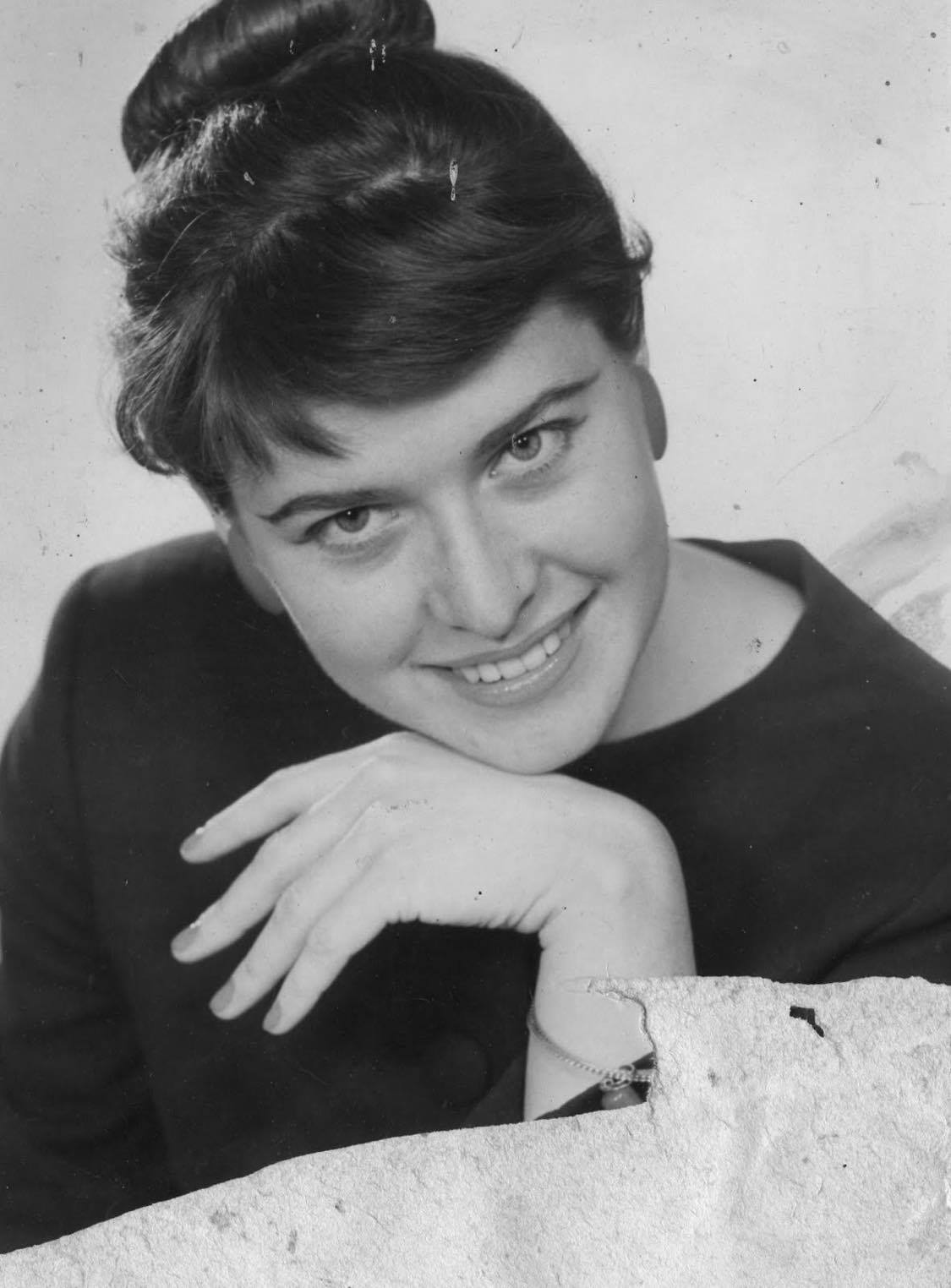Stories from Josephine
Stories from my Oma about growing up in The Netherlands during WWII.

My Oma was a woman named Josephina Adriana Sweers van Oorschot. She went by Josephine. She passed away in 2016 on New Years Day, surrounded by her children after a long and fruitful life, and buried with the ashes of her husband near their home in Curaçao. She and my Opa had 3 children (including my father), and spend most of their lives on our small island. My Opa was from Curaçao, but she was from a small town called Sittard in the southern part of The Netherlands. They met in another Dutch city called Maastricht some time in the 1950s.
She was born in 1934, meaning she was a child during WWII. My Oma was not one to talk at length about her memories of this time period. She wasn’t much of a talker in general, always the listener. Dinner and wine had to continue for several hours before she would open up about herself. We always joked that we should get her and her sisters in a room some day and just ask them to tell their stories so we could write them down and preserve them. We didn’t get the chance to before she passed, but she did sometimes share these memories with us.
This post is about one such moment in 2014. After dinner one night in Curaçao, she talked at length about her experiences during these years and I wanted to write down what I could remember of this.
In no particular order, here we go.
They could roughly infer how the war was going based on what direction POWs were going. If they were going west (away from Germany), Germany was advancing. When they went east (toward Germany), the Germans were retreating.
Many of their neighbors disappeared. Some maybe fled, some she knew in hindsight were Jewish and had been removed. When the Germans were advancing, officers moved their families into their abandoned neighboring homes. She felt guilty for playing with their kids. My dad remembers her talking about this as well, and reminding her that she was just a kid herself at the time.
A German soldier once came up to her father, observed he had a nice bike, and then took his bike.
One day, her father told the family to get in the basement. Shortly after, a grenade was thrown through their window into the living room. Her father had realized they were going down the street and doing this to multiple houses, and moved them just in time. They stayed in the basement for 3 days before coming out.
She remembers when the allied forces liberated her town. It was a Canadian regiment. They sieged the town for a time, gradually pushing the Germans back. By the end, the remaining Germans had barricaded themselves in the train station. One day, she says she guessed the allied forces decided today was the day this was ending, and they marched down the main street straight into the central station and ended it. From my own research, I believe this was Operation Blackcock. This was facilitated by Operation Market-Garden, which punched through German forces in Nijmegen and Arnhem and is well documented in American WWII history (101st airborne division, etc). To this day, Sittard observes the November Remembrance Sunday and honors ~200 graves for WWII soldiers.
Many of the stories you hear about allied forces’ reception in The Netherlands line up with her descriptions. Locals invited them into their homes for food, water, showers, whatever hospitality they could provide. My Oma’s family was no different. Many of the soldiers were invited by children like herself.
Some of the soldiers were black, and they had never seen a black person in person before. They invited one to use their shower because they thought he was covered in dirt or soot.
Many different allied forces moved through Sittard after this. According to my father, many of these men likely fought in the Battle of the Bulge and passed through on their way deeper into Germany, as Sittard was not far from the border.
The American soldiers brought chewing gum, and apparently that was huge. They’d never had it before in her town and it was a massive hit.
She distinctly remembers an armored division that stayed for a long time. She remembered men living in their tanks like it was their home. Cooking eggs on the side of them in the mornings. I saw the movie Fury some time later and remember thinking how much of it sounded like what my Oma described.
She remembered one American man named David. She thought she remembered him saying he was from Palo Alto. I’ve always kicked myself for not trying to find him when I lived there, especially with the massive VA office there. Even if it’s doubtful that he’s still alive today, if he has family I think they’d like to know that she remembered him, and maybe we could tell them about her too.
She had an older friend (cousin maybe?) that fell in love with an allied soldier.
After the war ended, she recalled her father saying
I never got that fucking bike back.
If you’ve read this far, thank you for reading her stories. I hope it inspires you to seek others' stories too.